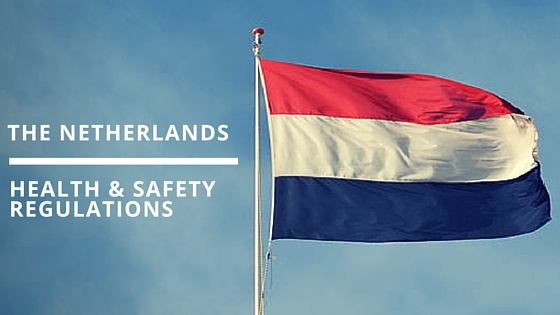Due to EU regulations established in 1994, each country part of the union is required to incorporate laws that allows a national authority to oversee health and safety for its workers.
It is mandatory for this authority or institution to consider the point of view of social partners in order to come to national legislation and practice. Each member state may implement EU-OSHA regulations as long as it is managed by government bodies and representatives from worker and employer organizations.
Working conditions in the Netherlands are mainly the responsibility of the employer and employees within a company. The occupational health and safety policy is supposed to be agreed upon by both parties or their representatives, such as trade unions and associations.
For some sectors, a ‘declaration of intent’ applies to all companies and individuals altogether. Anyone operating in such a sector can choose from a collection of measures and solutions in order to obey the law.
Policies in the Netherlands
The Dutch government is actively involved in the execution of health and safety policies. It verifies that the policies cover applicable laws and issues penalties if organizations don’t adhere to them.
One of the laws that policies need to follow is the Arbeidsomstandighedenwet or Arbo/Arbowet (Working Condition Act). The Ministry of Social Affairs and Employment (Dutch: Sociale Zaken en Werkgelegenheid or SZW) is responsible for monitoring this law by means of the Inspection SZW.
One exception to the ARBO law is individual contractors. Since the individual does not have an employer, the trinity of government-employer-employee is not in play and no regulations are enforced. However, this does not mean that you should hire contractors to do dangerous tasks because the client can still be held responsible for damages. Furthermore, contractors often choose not to have any insurance. In Dutch law, you can usually only claim actual damages, not equitable remedies.
This means if contractors cause a major accident, then it will take a long time to get reimbursed. Oftentimes, this is not even possible due to lack of financial means. The Dutch government intends to fix this and is investigating if contractors can be obliged to apply for insurance.
A list of all organizations that help companies promote safety best practices can be found on the website of the Netherlands Focal Point for EU-OSHA.
Other countries in the EU have implemented health and safety laws differently. Although every member state is required to have a national focal point, the way OSHA laws are implemented is up to each individual state.
The national focal points for all states together form a network that provides input to the EU-OSHA regulators. This ensures that local issues can escalate through the national focal points and feed all the way back to the EU.
Tools to Manage Ever-Changing Regulations
Every country may interpret health and safety regulations in its own way. Be sure to invest in an EHS software system that is set up to always comply to local regulations.
Although most of the data that needs to be collected is similar, there are many exceptions from one country to another. Contact the local focal point to get details for countries you wish to operate in.
Resources:
